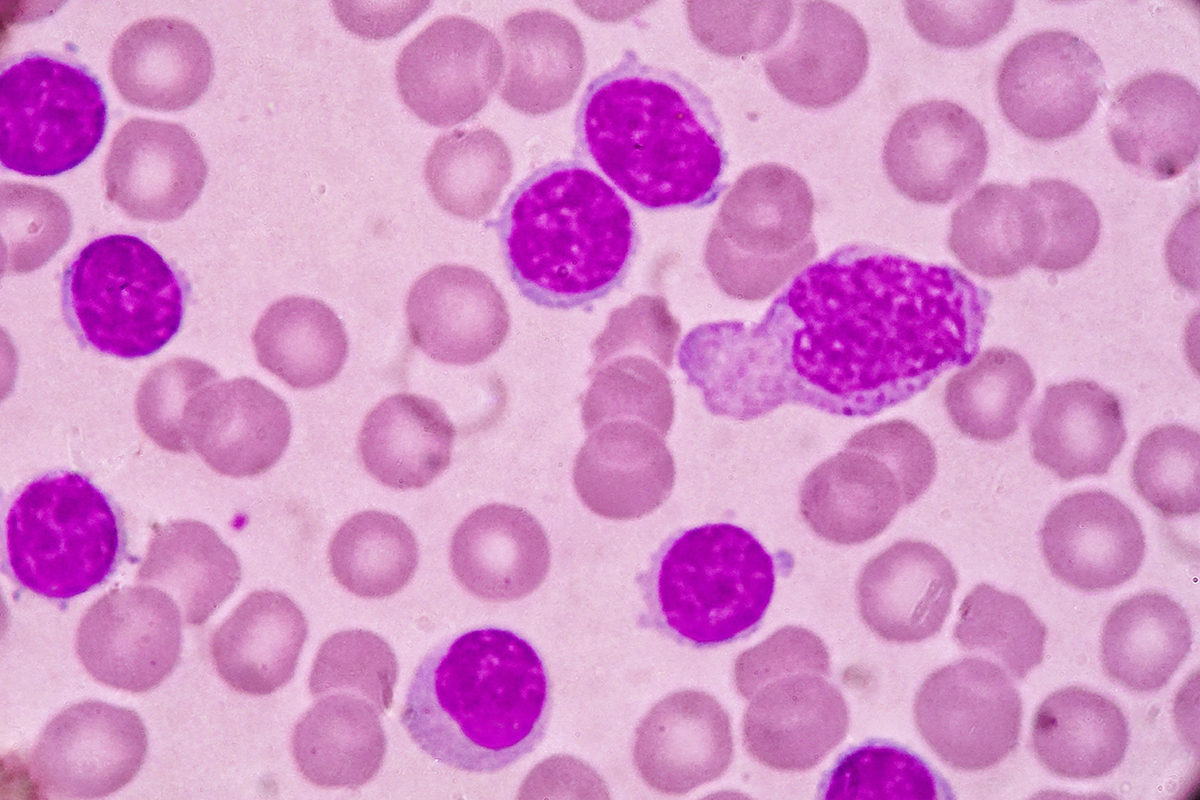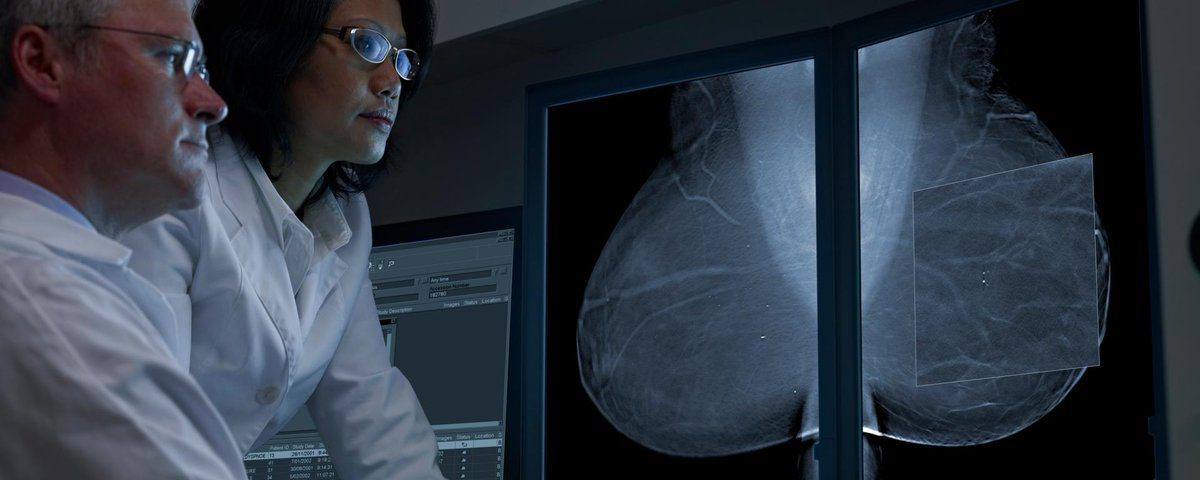
Now Enrolling: Trial EAZ171 is addressing an important survivorship issue…neuropathy in African American women with breast cancer
October 14, 2019
Trial Results: With E1912, there is a new standard of care for the initial treatment of patients with chronic lymphocytic leukemia
October 14, 2019Ongoing Trial: TMIST is a breast cancer screening trial that will lead to personalized screening for women

 Right now, researchers simply do not know whether one mammography method is better than another other at finding life-threatening breast cancers early. The Tomosynthesis Mammographic Imaging Screening Trial (TMIST or EA1151) is a breast cancer screening study that launched in July 2017 and aims to enroll 165,000 participants to answer this important question. TMIST is the first randomized controlled trial that seeks to identify women in which digital breast tomosynthesis (DBT or 3D mammography) may outperform digital (2D) mammography in reducing advanced breast cancer development. Although tomosynthesis (3D) is the newer technology, and thus more sensitive, investigators want to confirm this sensitivity actually benefits women and improves their probability of living longer.
Right now, researchers simply do not know whether one mammography method is better than another other at finding life-threatening breast cancers early. The Tomosynthesis Mammographic Imaging Screening Trial (TMIST or EA1151) is a breast cancer screening study that launched in July 2017 and aims to enroll 165,000 participants to answer this important question. TMIST is the first randomized controlled trial that seeks to identify women in which digital breast tomosynthesis (DBT or 3D mammography) may outperform digital (2D) mammography in reducing advanced breast cancer development. Although tomosynthesis (3D) is the newer technology, and thus more sensitive, investigators want to confirm this sensitivity actually benefits women and improves their probability of living longer.
Furthermore, today’s screening strategy entails a one-size-fits-all approach based primarily on age. All women undergo the same procedure, regardless of risk level. The data collected through TMIST will lead to better, individualized screening strategies based on each woman’s risk factors. Some women may benefit from less screening, while others may require more intensive screening.
 "Wouldn’t it be better if we could adapt based on all of our new knowledge and provide individualized recommendations?” asks lead researcher Etta D. Pisano, MD of Beth Israel Deaconess Medical Center, Harvard Medical School, and the American College of Radiology. "We could develop a tool that allows us to tell individual women, ‘Given your risk factors, your particular circumstances, and your genetics, here is what we recommend'.”
"Wouldn’t it be better if we could adapt based on all of our new knowledge and provide individualized recommendations?” asks lead researcher Etta D. Pisano, MD of Beth Israel Deaconess Medical Center, Harvard Medical School, and the American College of Radiology. "We could develop a tool that allows us to tell individual women, ‘Given your risk factors, your particular circumstances, and your genetics, here is what we recommend'.”
Learn more about TMIST, currently enrolling healthy women ages 45 to 74 throughout the United States, Canada, and a few international locations.

